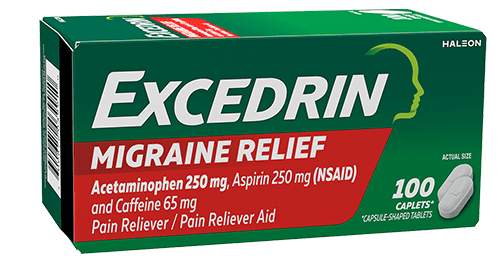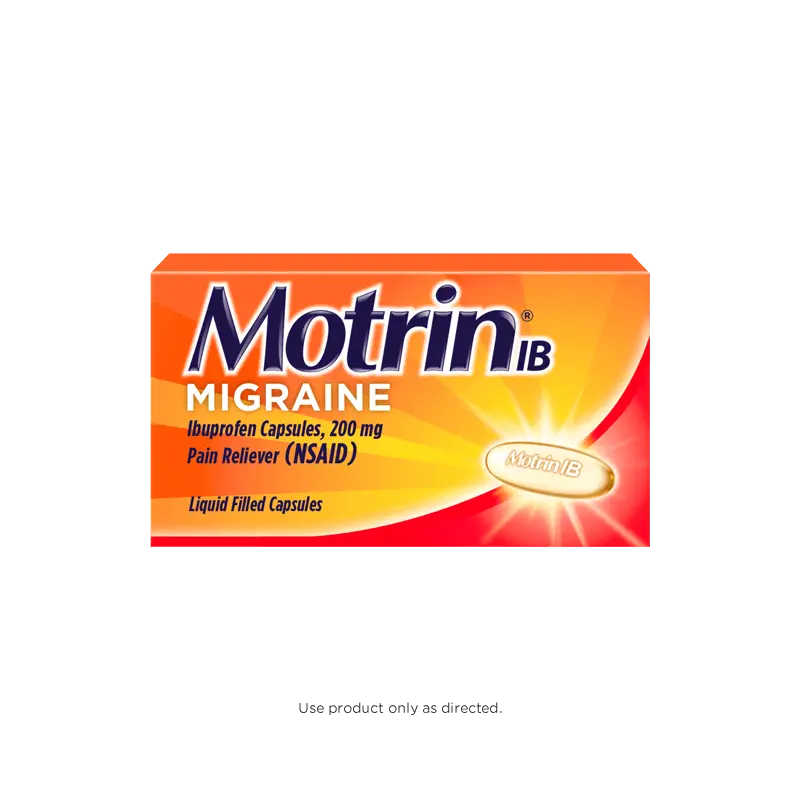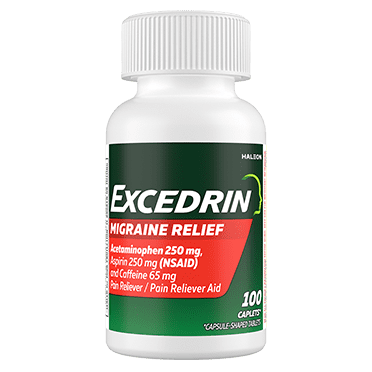We deliver to you every day from 7:00 to 23:00
The best discounts this week
Every week you can find the best discounts here.
What’s the Safest Painkiller for Migraines?
Migraines can be an extremely debilitating condition, affecting millions of people worldwide. They can interfere with daily activities and leave sufferers in need of quick and effective relief. While various painkillers are available to manage migraine symptoms, finding the safest painkiller is crucial for minimizing side effects and maximizing effectiveness.
In this article, we will explore the different types of painkillers used for migraines, highlight the safest options, and provide tips on how to manage migraine pain effectively. By understanding your options and knowing what to look for in a painkiller, you can make informed decisions for managing your condition.

What Are Migraines?
Migraines are more than just headaches. They are intense, often throbbing pain usually on one side of the head, accompanied by other symptoms such as nausea, vomiting, sensitivity to light, and sound. These symptoms can last for hours or even days.
Understanding the root cause of migraines is important when considering treatment options. Migraines are believed to be linked to changes in the brain and the blood vessels in the head. Several factors, including genetics, environmental triggers, and hormonal changes, can contribute to the onset of a migraine.
Types of Painkillers for Migraines
There are several types of painkillers available for managing migraine symptoms. Each has its own advantages and potential risks. Let’s take a look at some common categories of migraine medications:
1. Over-the-Counter (OTC) Painkillers
These are the most commonly used pain relief options for mild to moderate migraine attacks. They include:
-
Acetaminophen (Tylenol): A non-prescription pain reliever that works by blocking pain signals in the brain. It’s generally considered safe when used as directed.
-
Nonsteroidal Anti-Inflammatory Drugs (NSAIDs): Medications like ibuprofen (Advil, Motrin) and naproxen (Aleve) fall under this category. These drugs reduce inflammation and pain and are often used for migraines.
While these medications are effective for many, they can cause stomach irritation or even more serious side effects if used excessively.

2. Prescription Painkillers
For more severe migraines, doctors may prescribe stronger painkillers, such as opioids or triptans. While effective in treating pain, these medications often come with more significant risks and side effects.
-
Triptans (e.g., sumatriptan (Imitrex), rizatriptan (Maxalt)) are designed specifically to treat migraines by narrowing blood vessels and blocking pain pathways in the brain. They are often considered safe but should be used with caution in people with certain cardiovascular conditions.
-
Opioids (e.g., codeine or morphine) may be prescribed in extreme cases, but due to their potential for dependence and side effects, they are generally avoided for routine migraine treatment.
3. Combination Painkillers
Sometimes, doctors may recommend a combination of drugs for better effectiveness. For example, Excedrin Migraine combines acetaminophen, aspirin, and caffeine. The caffeine helps the other ingredients work more effectively, and the aspirin and acetaminophen reduce pain and inflammation.

Safest Painkillers for Migraines
When choosing the safest painkiller for migraines, it’s important to consider both effectiveness and the potential for side effects. Let’s dive into the safest options:
1. Acetaminophen (Tylenol)
Acetaminophen is generally considered one of the safest painkillers for mild to moderate migraines. It is effective at reducing pain without causing gastrointestinal irritation, unlike NSAIDs. Acetaminophen is well-tolerated by most people and has a low risk of side effects when used at appropriate doses.
However, it is important not to exceed the recommended dosage, as excessive use of acetaminophen can lead to liver damage. If you have liver conditions or are taking other medications that affect the liver, consult your healthcare provider before using acetaminophen.
2. Nonsteroidal Anti-Inflammatory Drugs (NSAIDs)
NSAIDs, like ibuprofen and naproxen, are another safe option for managing migraine pain. They work by reducing inflammation, which can alleviate both the pain and the swelling in the blood vessels of the brain that contribute to migraine attacks.
While effective, NSAIDs should be used with caution, particularly in people with a history of stomach ulcers, kidney problems, or heart conditions. They can also increase the risk of gastrointestinal bleeding if used frequently or in high doses.
3. Triptans
For moderate to severe migraines, triptans are often the best option. These medications are specifically designed for migraine relief and work by targeting the serotonin receptors in the brain. Triptans have been shown to be highly effective in reducing migraine symptoms and are generally safe when used appropriately.
However, triptans can have side effects, including dizziness, nausea, or tightness in the chest. They are not recommended for individuals with certain cardiovascular conditions due to their vasoconstrictive properties. Always consult a doctor before using triptans if you have any underlying health conditions.
4. Combination Medications
For some people, combination medications like Excedrin Migraine can provide fast and effective relief. The combination of acetaminophen, aspirin, and caffeine can offer a multi-faceted approach to tackling migraines, addressing both pain and inflammation.
While effective, these medications may cause stomach irritation or other side effects, especially if used excessively. Be sure to follow dosage recommendations and avoid combining them with other products that contain acetaminophen or aspirin.
Managing Migraines Safely and Effectively
While painkillers are an important part of migraine management, they are not the only solution. Here are some additional strategies to help manage migraines safely:
1. Lifestyle Modifications
Migraines are often triggered by environmental factors, such as stress, sleep deprivation, or certain foods. Identifying and avoiding triggers can significantly reduce the frequency and severity of attacks. Maintaining a consistent sleep schedule, staying hydrated, and eating a balanced diet can also help manage migraine symptoms.
2. Preventive Medications
If you suffer from chronic migraines, your doctor may prescribe preventive medications to reduce the frequency of attacks. These may include beta-blockers, antidepressants, or anti-seizure medications. These drugs are designed to be taken regularly to prevent migraines before they start.
3. Natural Remedies
Some people find relief from migraines through natural remedies, such as acupressure, aromatherapy, or magnesium supplements. While these approaches may not work for everyone, they can be worth exploring, especially for those who prefer non-pharmaceutical options.
FAQs About Migraines and Painkillers
1. Can I take painkillers every day for migraines?
Taking painkillers every day for migraines is not recommended unless advised by a doctor. Overuse of painkillers can lead to medication overuse headaches or worsen your symptoms. It’s essential to find the right balance and consult your doctor about long-term management.
2. Are there any painkillers I should avoid for migraines?
If you have certain health conditions, such as ulcers, kidney disease, or heart disease, some painkillers may not be safe for you. For example, NSAIDs can increase the risk of gastrointestinal issues, while opioids can lead to dependence. Always consult your doctor before using any painkiller for migraines.
3. How can I prevent migraines naturally?
In addition to medications, managing stress, improving sleep hygiene, and avoiding common migraine triggers can help prevent attacks. Certain dietary supplements, such as magnesium and riboflavin, have also shown promise in preventing migraines.
Conclusion
Finding the safest painkiller for migraines is essential for managing this condition effectively while minimizing potential side effects. Whether you choose acetaminophen, NSAIDs, triptans, or combination medications, it’s important to consider your personal health and consult with a healthcare provider for the best approach.
Managing migraines requires a holistic approach, including lifestyle modifications, preventive medications, and proper pain management. By understanding your options and working closely with your doctor, you can keep migraines under control and live a healthier, more comfortable life.
For more information on automating your health management tools, visit DUYTHIN.DIGITAL, where we provide automation solutions for various platforms, including Facebook, Zalo, and TikTok.











